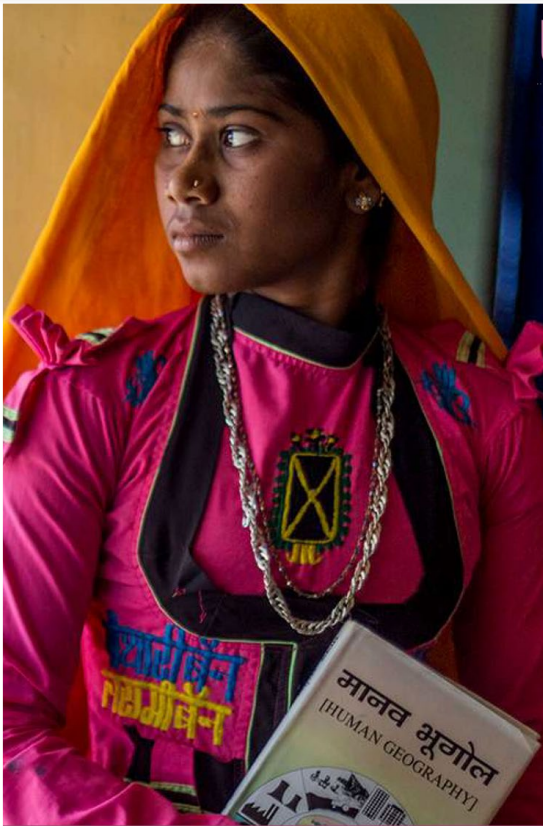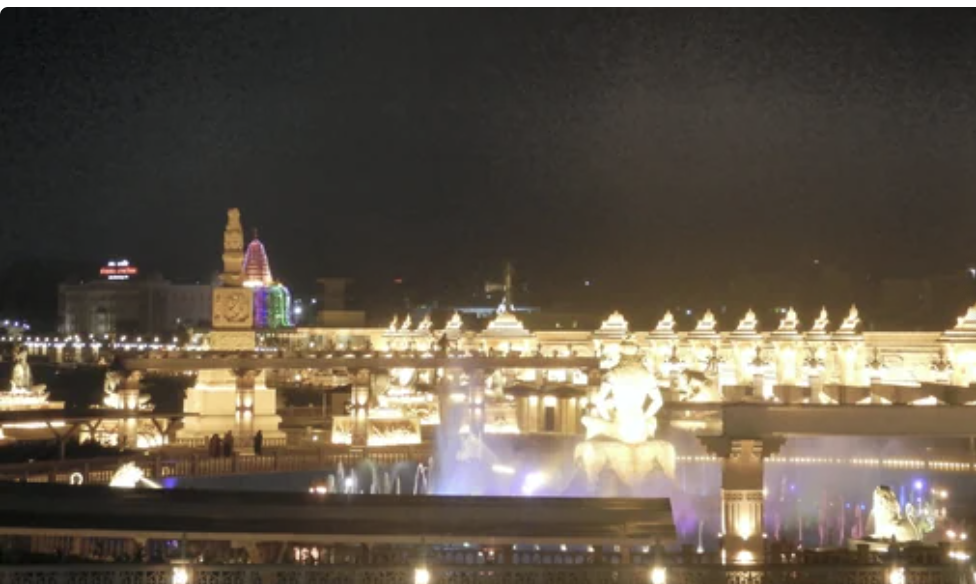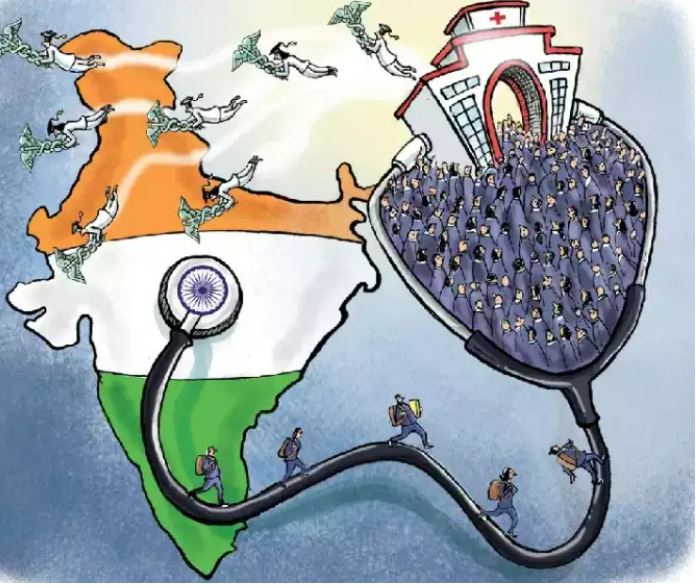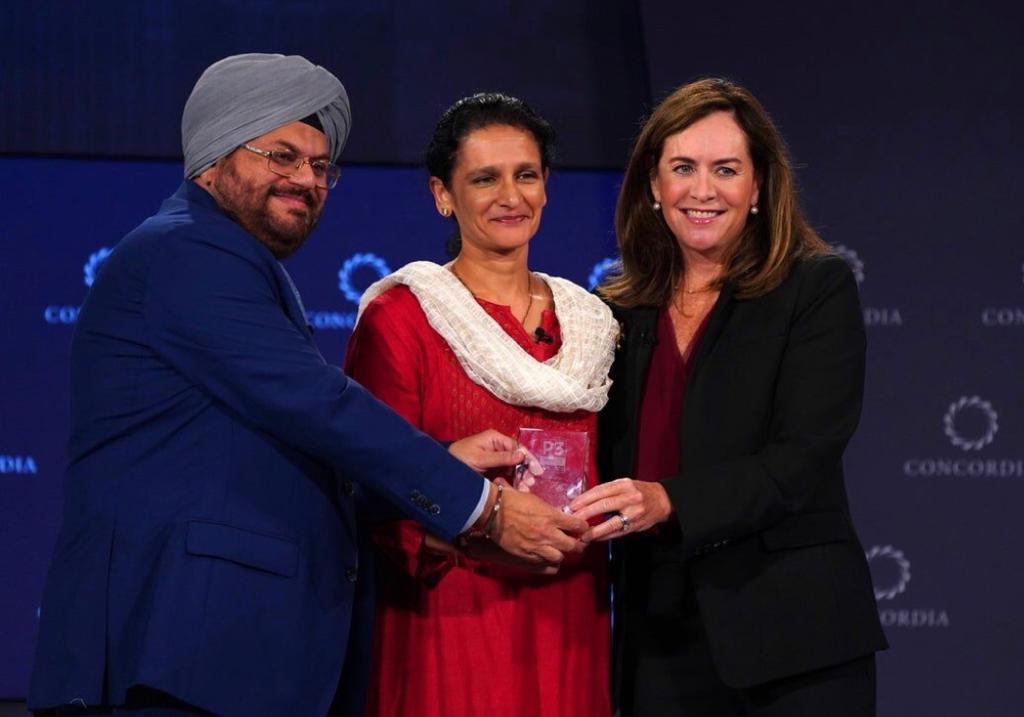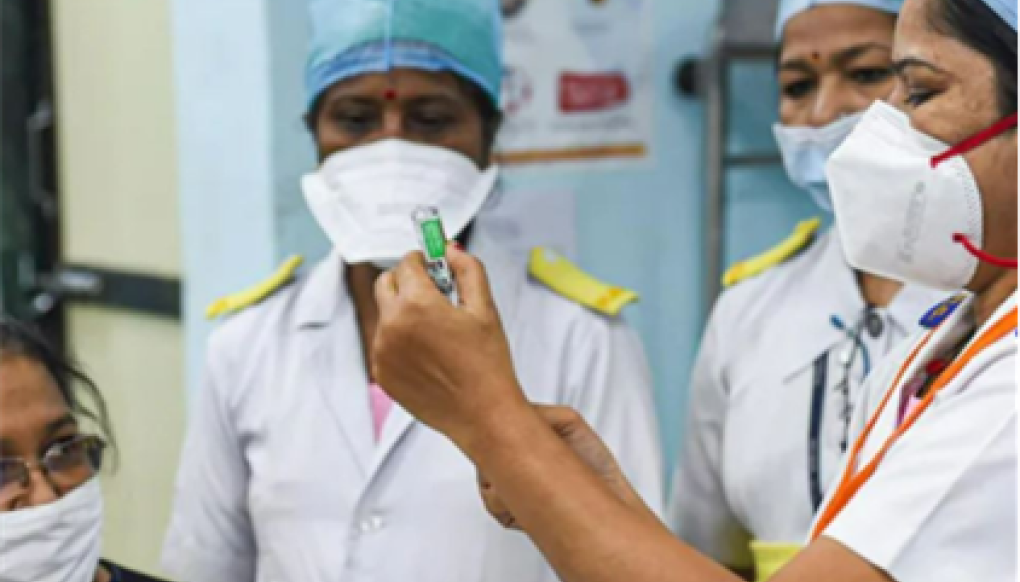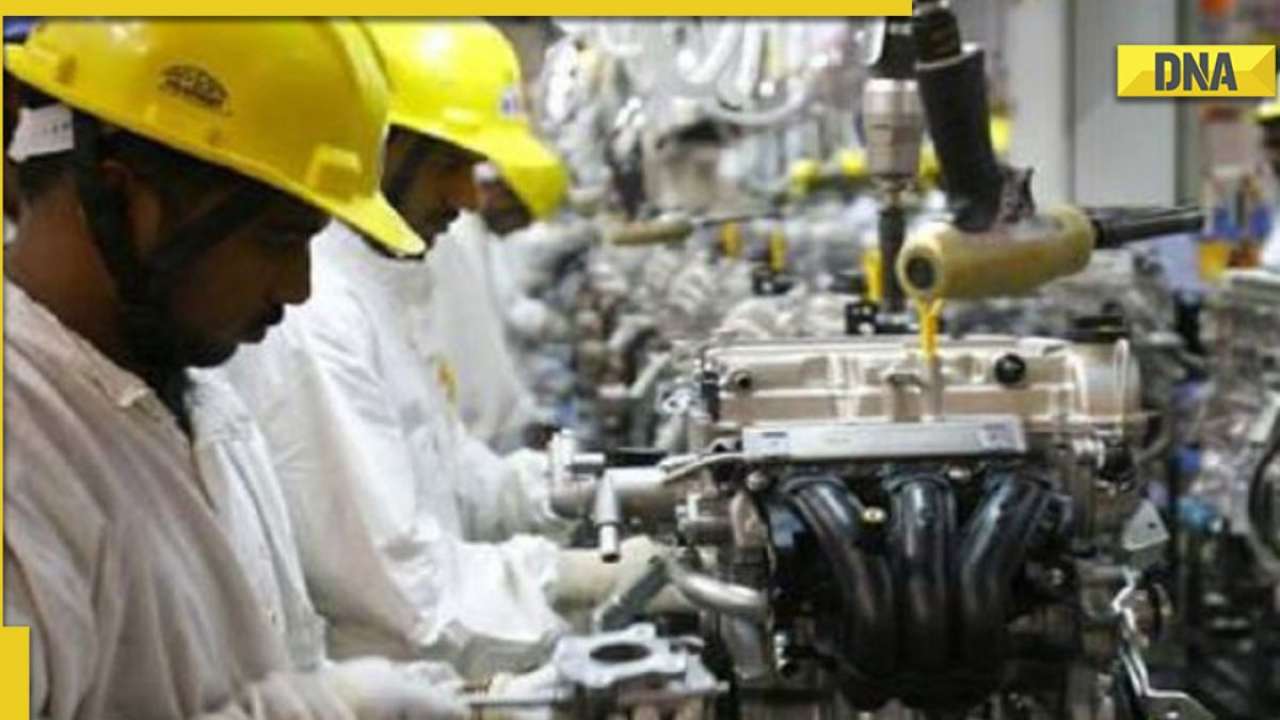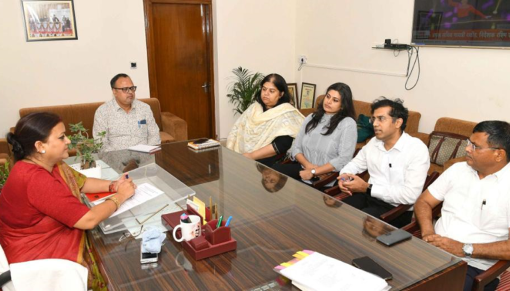WHICH is the richest organisation in a city, with an assured revenue stream? Of course, a municipal corporation—being the largest landholder in the city with a mandate to collect taxes and utility bills. But if a municipal body asks you for a loan, or a fixed deposit, you’ll probably say a polite “no”. In developed countries, municipal bodies live on debt. In the US, outstanding municipal debt in the September quarter was $3.69 trillion, with municipal bonds alone making up $1.64 trillion of that. But no such luck for Indian municipal bodies, since they still follow the single entry accounting system.
Thanks to such archaic book-keeping, municipal bodies often lose track of the assets they have. A plot of land, a park, or a building might have just gone out of the record book over the years. Another problem, according to Ashwajith Singh, founder and managing director of Delhi-based IPE Global, an urban development consultancy with branches abroad, is that “in most cities, 10-30% of the households is simply not there in the property tax net.”
Urban local bodies (ULBs), Singh says, can significantly raise their revenues, by tracking property tax defaulters and by mapping/monetising assets lying idle or encroached upon.
That requires them to go in for double-entry accounting, computerisation, GIS mapping and door-to-door surveys. Again, “only through a proper system of accounting will a ULB know the cost of a service, or revenue from an activity.” The absence of which is a reason why public-private partnerships in municipal bodies are not picking up.
Proper accounting is again the first step towards transparency and user-fee. The Jawaharlal Nehru Urban Renewal Mission recognised this and made double-entry accounting mandatory for receiving funds under the scheme. But the scheme is limited to two cities per state. Singh says funds will flow to ULBs once their books are in order.
Another problem facing ULBs is their poor capacity to absorb investment. “When a ULB that was spending R5-6 crore on development—the rest is spent on salaries, etc—is asked to spend R100 crore, it is just not equipped to handle that kind of money. It doesn’t have the people, expertise or imagination to spend the money”, says Singh, who is an alumnus of the London School of Economics.
A lot of developmental funds are wasted on inconsequential projects, both in urban and rural areas. Capacity building, of course, is a priority item on the government agenda, but through elaborate.







